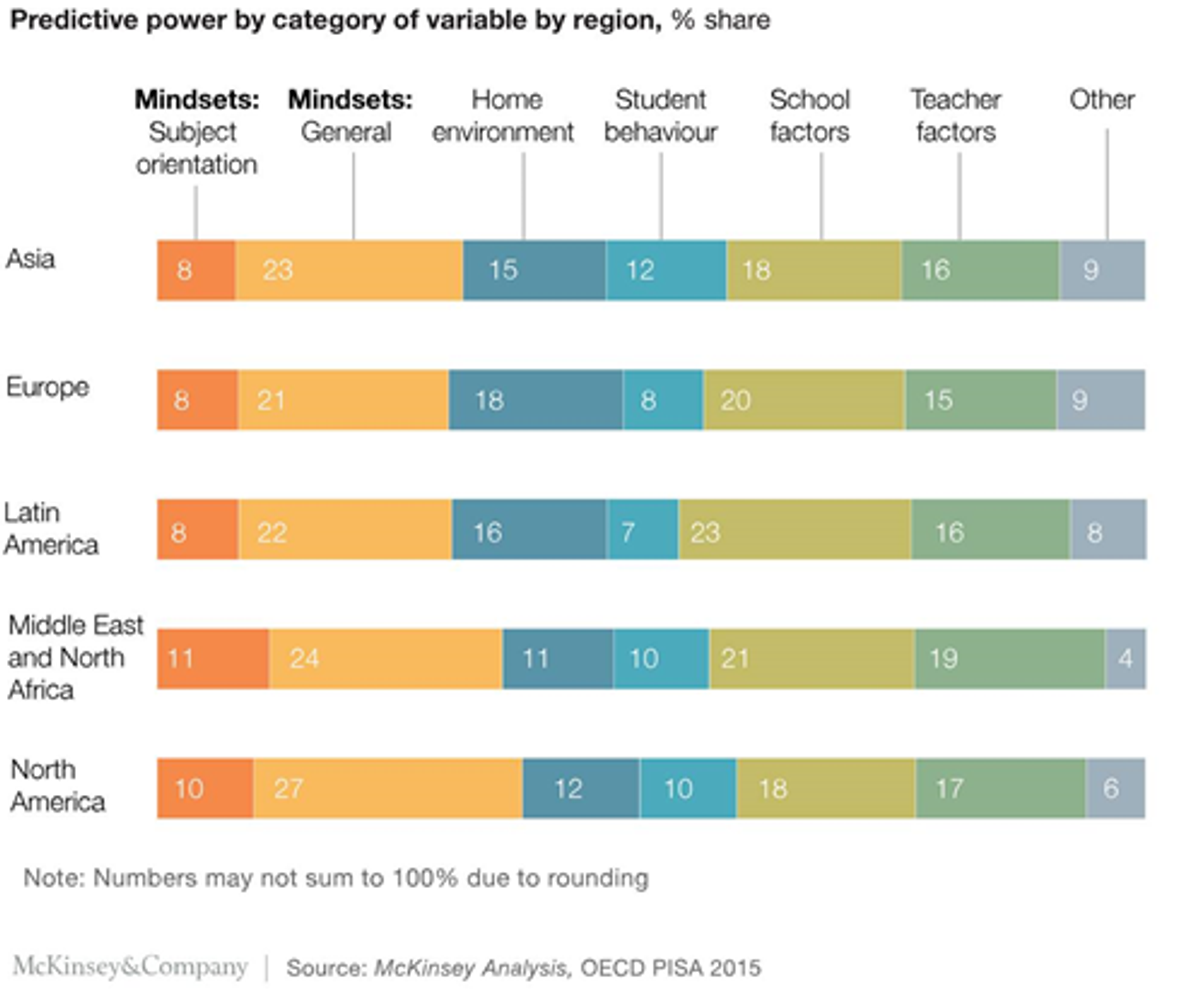Director of School Improvement

What does Data Analytics say is important for study?
In 2015, the Program for International Student Assessment (PISA) did testing of 15-year-old students from around the world in various areas: mathematics, reading, and science, as well as asking teachers, students, and their families questions about their practice, attitudes, behaviours, and resources. Students came from all continents and in total, over half a million students in 72 countries were tested so the data gives insight as to how students learn in these subjects.
Faced by such a large dataset, and it truly is quite a massive table of results—try to envisage a table with 500,000+ rows, and hundreds of columns—then imagine trying to find patterns within the data! This is where engineers and mathematicians use ‘machine learning’, a written computer algorithm based on probability theory, which combs through huge lists of numbers and words seeking patterns, such as who is learning the most and what do they do differently from others?
In 2017, McKinsey and Company consultants produced a report after running one of these algorithms on the science and surveys data, and found that the biggest predictor of achievement in science was the ‘mindset’ of the student.
What does ‘mindset’ mean in this data?
These students answered that they enjoyed science, but also that:
- They wanted to do well
- They were prepared to do more than what was expected
- They continue to try hard with their science study (growth mindset)
What do you students think about this? Do you attend science class and think ‘I want to do well?’ It seems that if you put your mind to it, that act alone is a big factor in doing well!
So, I recommend you being positive about your classes and thinking, I want to work hard and do well.
For further information, search online for How to improve student educational outcomes: New insights from data analytics.
Mr Juan David Ospina León
Director of School Improvement

